The Best Strategy to Climb Without Mechanics in League of Legends
The best strategy to climb without mechanics is easier than you think! You probably already know it!
The best strategy to climb without mechanics is easier than you think! You probably already know it!
Contrary to popular belief, climbing the ranks of League of Legends are not reliant on the individual’s mechanical prowess. While mechanics are certainly helpful for styling on your opponents and gaining leads based on raw skill, there are plenty of other strategies that involve much less mechanical skill to climb!
A player’s mentality is by far the single most important thing to consider in their ability to succeed in a game like League of Legends. There is little luck involved and the game requires tremendous amounts of thought and conviction to get a win. Of course, there is a correlation between your mentality and the result of the game. People like winning, and don’t like losing. But, if players can orient their mind to be happy with losing more often than they are sad with winning, then they will find a lot more success!

Of course, it’s easier said than done. Knowing your mentality needs to shift is one thing and finding a way to do that is completely different. Unfortunately, there is no ‘one size fits all’ solution to this problem but starting with acknowledging when your mental ‘booms’ and is the main reason for you underperforming is a great place to start. Most players aren’t capable of doing that, so once you can acknowledge your own wrongdoings, you can start asking yourself tough questions to find the solutions that will work for you.
A great place to start is understanding whether something someone said in the game affected your mentality. If this is the case, you should consider muting players on the first sign of ‘adding insult to injury’ so you don’t get the point of no return! Aside from muting, you should also consider asking yourself if something someone else did put you in a bad mood. If that’s the case, think of what you can do to better that person’s mood. If you can manage to do that, not only will it help them succeed, but it will keep you in a better frame of mind moving forward! Positivity never negatively impacts the game!
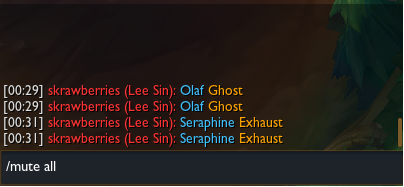
VOD Reviewing is the best method for learning from your own mistakes. Most players will notice their mechanical misplays because they tend to be easier to notice, however it is much more useful to target the macro-decisions that you made and how those decisions influenced the remainder of the game. By analyzing your ability to make decisions, you will learn much more from the mistakes you made.
A good approach is to review the game in reverse. By starting with the late game, you can identify what the problems are in the state of the game, then review the earlier stages of the game to see how those problems were created. When the review is approached in this way, players find more success pinpointing exact moments where their individual play was punished and where the enemy’s lead developed! In reviewing the game in this order, it essentially uses the trajectory of the consequence to isolate the action that caused it. Once identified, players can note how they can change their approach to the situation in the future. How will they know what they should be doing instead to prevent the situation? That leads us into our next stage of learning, professional streams and gameplay!

Watching professional games can be a bit overwhelming when done with the purpose of learning what you should be doing as the average player. There are many intricacies in professional play that don’t exactly exist to the same extent in solo queue. The level of professional players is so high that they will often focus on individual player’s behaviors and how that can be used to their advantage in the future, knowing they will eventually play against that player again. For example, some professional Support players will study the way another player dodges skillshots, to see if there is any consistency such as moving perpendicularly towards the center of the map instead of to the edge. If there is such correlative behavior, these players will know to purposefully ‘predict’ where that enemy will dodge, in hopes that they will walk right into the line of the skill shot!
Aside from these extreme examples that don’t apply to the masses, players can learn a lot from watching pro games, and especially streams. When watching streams of your favorite professional players, not only will you get to see what they are doing in the situations they find themselves in, but they will often explain their thoughts out loud. To become a more active viewer, players should consider what they would do if they found themselves in the same situation and compare it to what the pro player actually does!
Of course, if there is anything you cannot learn from reviewing your own games, or professional games, or you have a hypothetical scenario you want to consider, then Practice Tool is your best friend! Practice Tool is especially useful when theorizing about items and runes as it allows you to quickly change your items and practice combos against Target Dummies to determine what build is actually better! Practice Tool is very undervalued in the League of Legends community and should be promoted more as the playground it is! You don’t need to limit yourself to ‘practicing’ as the name suggests, but instead, you can use it to test the limits of the game! For example, what’s the most damage Karthus’s Requiem can do to a target with 100 magic resist? Would it involve building magic penetration or strictly ability power? These are all questions that you can actually answer for yourself if you take the time to test it out!
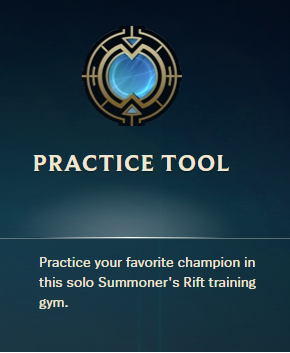
A key factor of making a better environment for improving at any skill is setting a schedule for yourself. Admittedly, it sounds wacky to have a schedule for playing a video game, but if a player is serious about improving, then they should consider working as hard to learn as professionals do to train! This is not a suggestion to spend all day playing, but instead it’s saying the opposite. Knowing when enough games is enough is a valuable lesson.
Consider school as an example. Many students struggle to keep focused on a task for a prolonged period of time, so why should it be expected of them to? League of Legends is no different. It’s important for both your physical health and your mental fortitude to take breaks and not overexert yourself in a single session. As such, players should consider two parts to building a schedule for their gaming session. How long do they have to play, and do they need a rule to stop early if need be.
For example, a player may only have time for a single four-hour session. What should they do with those four hours? When considering the principles that professionals follow, they should begin with a warm-up routine, and then use the remaining time to cycle through playing a game, taking a short break, reviewing the VOD of that game, and then repeating the process. Over the four-hour time span, this will probably be something like a 15-20 minute warm-up, followed by three cycles of game, break, and VOD review. Committing to a schedule like this can instantly show improvements in your gameplay, so if you have never tried it, consider doing it one day!
Next, we are going to discuss the start of the game. Champion Select! Yes, Champion Select is the start of the game, contrary to most player’s assumption. But, players can certainly agree that games can be won or lost in Champion Select, so take it seriously! There is a lot to consider if you want to get the most value out of this phase of the game.
First, is your pool of Champions that you will consider playing depending on the role you get. While you should already have a handful of Champions in mind that you will play when you practice at the beginning of your session, once you are assigned your role, that should be narrowed to 2-3 options.
Once narrowed, players should consider based on teammates’ intentions for Champions what their best option is. Of course, this will change as Champion Select progresses, but should be considered throughout. Players should consider what role they should fill for their team as the carry, the initiator, the support, etc., and not default to specific stereotypes of the role they were assigned. By doing so, the player prepares themselves to be able to adequately reflect their intentions in their rune choices, as well as their eventual build and play style once in game.

Once the player locks in the Champion, the next important consideration is the win conditions of both teams. Identifying the win condition for both teams is an essential part to understanding where to commit resources once the game starts to minimize the enemy’s chance at winning and maximize your own. For example, a jungler should see which lane is the most volatile that they should therefore impact as early as possible!
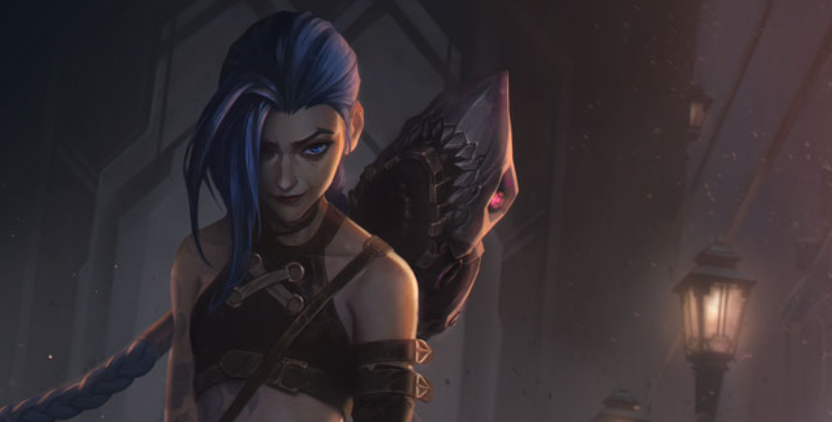
Once the players load, it’s time for all the practice and theorizing to be put to the test. When players load into the game, the majority of the game should be about executing on plans they have already planned out. There needs to be an emphasis on proactivity and not reacting to the opponents. Players should look at what purpose they serve on their team and how they need to play out the early game to reflect that. For example, as a Support like Nautilus, if you have a win condition through your mid lane, you’ll want to roam often to either snowball that mid laner or at least alleviate pressure from that lane!
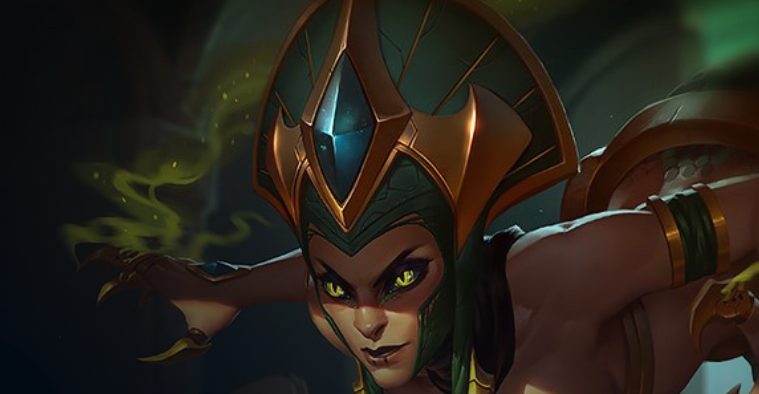
Moving into the mid game, players need to consider what they can do to either push their advantage or come back from being behind. Of course, it’s a simple concept, but the approach varies extensively based on the job you take on for your team. If you have a teammate that is positioned well to carry and scales well, then keep funneling resources into that player. If you can’t win a five against five team fight, then set up a play to get a pick onto an enemy first! There are always ways to gain some tempo over the game without mechanically outplaying your enemies! Mechanically outplaying your enemies should never be your strategy to win a game!
Finally, the late game is when macro knowledge takes control over the game. If the game goes late enough that it can be considered ‘late game’, then the teams are likely even in gold so it’ll come down to the compositions and the late game strategies you pursue!
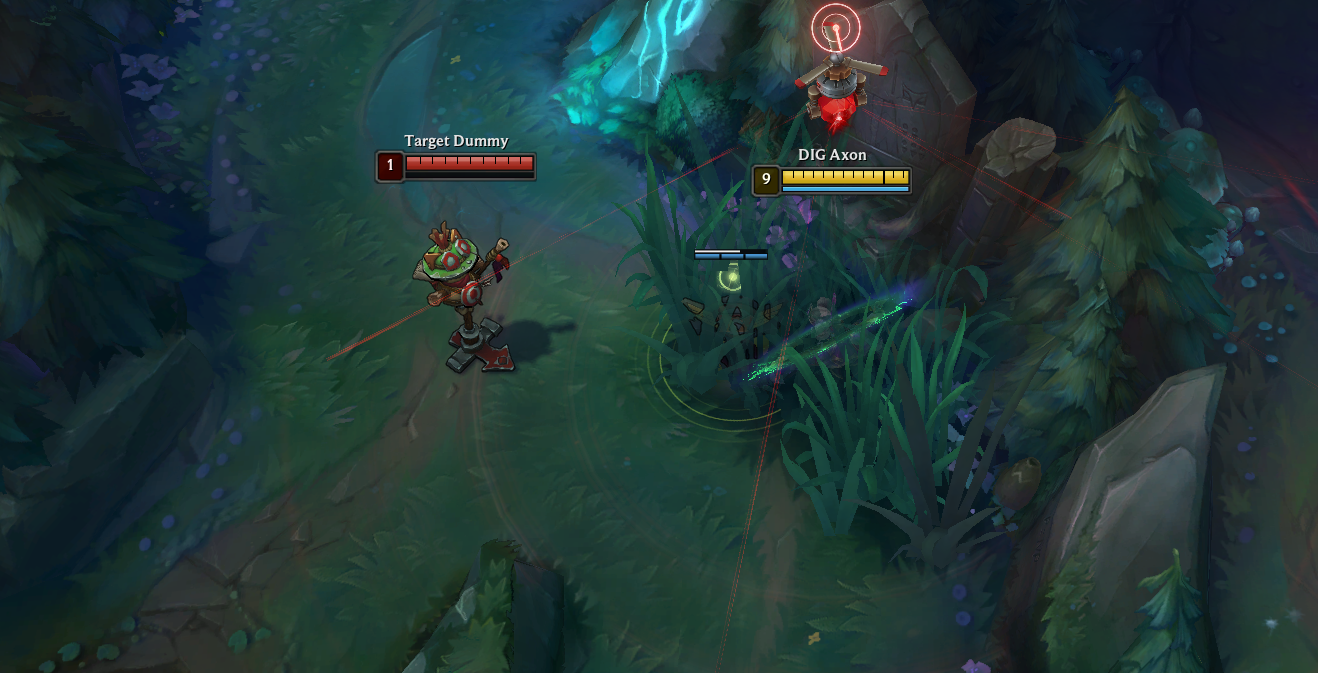
Overall, relying on mechanics to climb in League of Legends can be overrated and overcomplicating the entire process! League of Legends requires you to know what you’re doing, so prioritizing learning and using thought to carry games will get you much further on up the ladder than mechanics alone!
So, what is the best strategy for climbing in League of Legends? First, get a grip of your mental, focus on learning, take it seriously, and play according to plan! Aside from that, minimize the outside factors that can add complication to the game like mechanically intensive Champions! Stick to the basics and learn to get better at the game and you will see improvements!